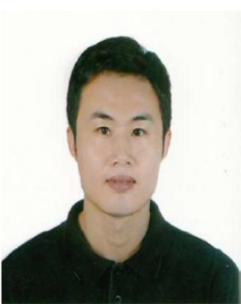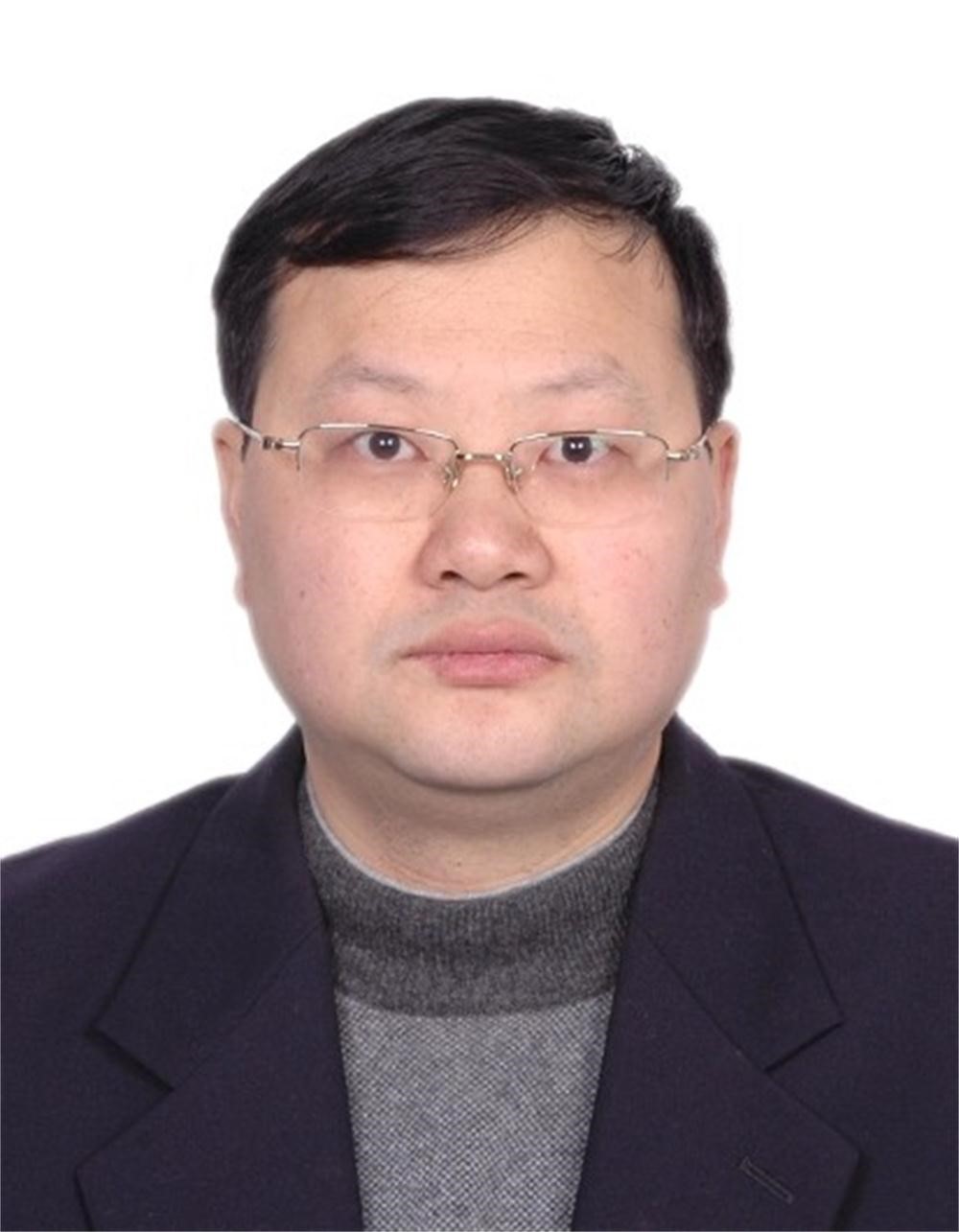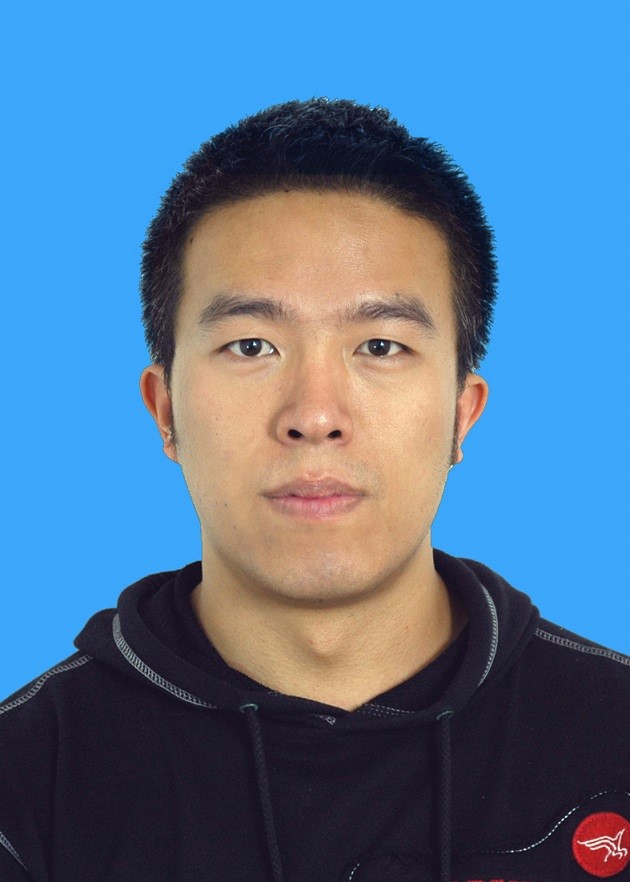
MAIC 2022

Prof. Yajun Liu, South China University of Technology, China
Experience: Prof. Yajun Liu was born on September 20, 1974 in Jiangxi, China. Native speaker of Chinese, fluent in English. His Education and Academic Research Experiences is as follows:
December, 2016- Now Professor in South China University of Technology School of Mechanical and Automotive Engineering.
December, 2009- December, 2010. Visiting Professor in Fluid Power Research Center (FPRC) Purdue University at West Lafayette, USA.
Feb, 2005 – July, 2016. Post-doctoral Research Fellow, Tokheim JV company in China.
June, 2002 Ph. D. in Mechanical Engineering. South China University of Technology, Guangzhou,China.
His research interests include Digital signal processing technology and its application in mechanical systems (such as hydraulic System for Energy Saving.); Intelligence control and Manufacturing
Engineering. Moreover, Prof. Yajun Liu has published more than 150 papers in Journals and proceedings of international conferences. 35 patents on Mechanical System design and manufacturing.
Title: A Novel Signal Processing Method of Coriolis Mass Flowmeter Based on SVR and Hilbert Transform
Abstract: The traditional Coriolis flowmeter signal processing method obtains the mass flow by calculating the time difference. However, in the actual measurement, noise and changes in the surrounding environment will affect the accuracy of the mass flow measurement. To improve the measurement accuracy of mass flow and reduce the impact of noise, a novel signal processing method for Coriolis mass flowmeter based on SVR and Hilbert transform is proposed in this paper. The Hilbert transform is performed on the vibration signal obtained by the sensor firstly, the phase difference extracted by the Hilbert transform and the mass flow of the standard meter are used as the sample feature and the label value respectively to build the support vector regression machine model. Apply the trained model to the test set to make predictions on the data. The test result shows that the mean square error of the prediction result obtained by this algorithm is 1.0003E-03, which is better than 3.937E-03 of the checked meter.

Prof. Li Guo, Hunan University, China
Experience: Prof. Li GUO graduated PhD from Xi'an Jiaotong University , China in 1994. Now he is a professor of Hunan University, China. He had been a researcher and visiting scholar in Liverpool John Moore University and University of Nottingham, the United Kingdom for 2 years. In 2014, he was a visiting scholar at the University of Michigan, USA. He has mainly done research on intelligent monitoring of grinding acoustic emission, high-speed precision grinding, precision machine tool dynamic and hydrostatic bearing spindles, and published more than 80 academic papers.
Title: Research on acoustic emission intelligent monitoring in grinding engineering ceramics
Abstract: Acoustic emission (AE) signal analysis by use of short time Fourier transform is used to monitor the grinding heat by ues of laser. The relationship between the acoustic emission signal of high speed grinding of engineering ceramics and grinding force, grinding temperature are studied. High precision AE monitoring of diamond grinding wheel wear in engineering ceramics grinding were carried out. The variance of wavelet decomposition coefficient of AE signal in alumina grinding is used as the input feature of support vector machine. The empirical mode decomposition (EMD) of grinding AE signal is used to extract the effective value, variance and energy coefficient of its intrinsic mode function as the input features of least squares support vector machine. The convolution neural network is used to monitor the grinding surface roughness by use of AE. The research solved the problem of acoustic emission monitoring in engineering ceramics grinding!

Prof. Heming Jia, Sanming University, China
Experience:Jia Heming, Ph.D., Professor, master supervisor, leader of electronic information discipline, swarm intelligence optimization technology. Sanming high-level class C talents, director of Fujian artificial intelligence society, member of Fujian artificial intelligence science and education society, member of China computer society, member of China automation society, and assistant editorial board member of Journal of intelligent systems. The first author and corresponding author published more than 60 scientific research papers, of which more than 20 were retrieved by SCI. Presided over 1 general project of Fujian Natural Science Foundation, 3 special fund projects for basic scientific research business expenses of central universities, 1 educational and scientific research project for young and middle-aged teachers in Fujian Province, 2 guiding scientific and technological projects in Sanming City and 4 horizontal projects of enterprises.
Title: ReseaSwarm intelligence optimization: advances in algorithms and applications
Abstract: The traditional deterministic methods produce unsatisfactory solutions in solving complex real-world problems. Swarm intelligence optimization algorithms (SIOAs), inspired by the collaborative behavior of organisms, have provided encouraging results for solving complex optimization problems. In this talk, I will introduce the current popular SIOAs and a novel technique called Remora Optimization Algorithm (ROA). Analyzing their search mechanism and existing limitations in different optimization tasks. In addition, I present a series of studies we have undertaken to address these challenges.
